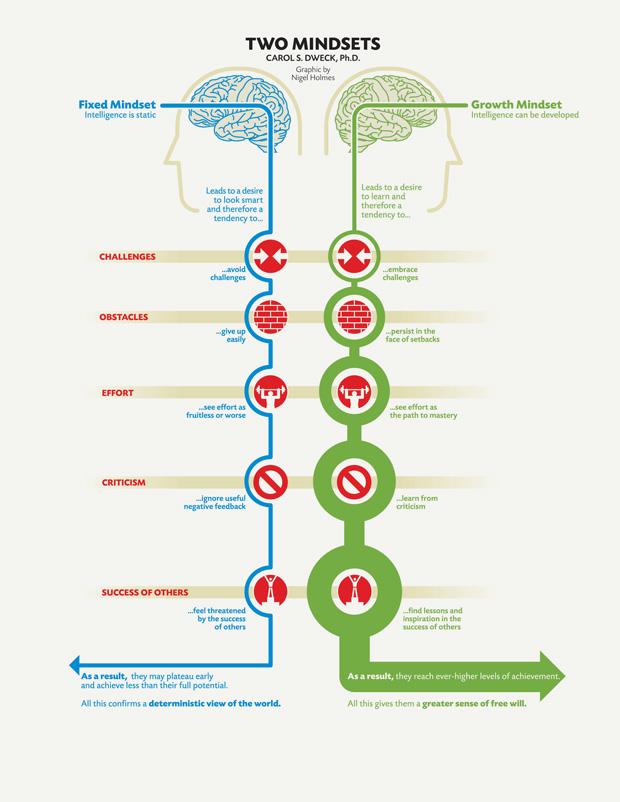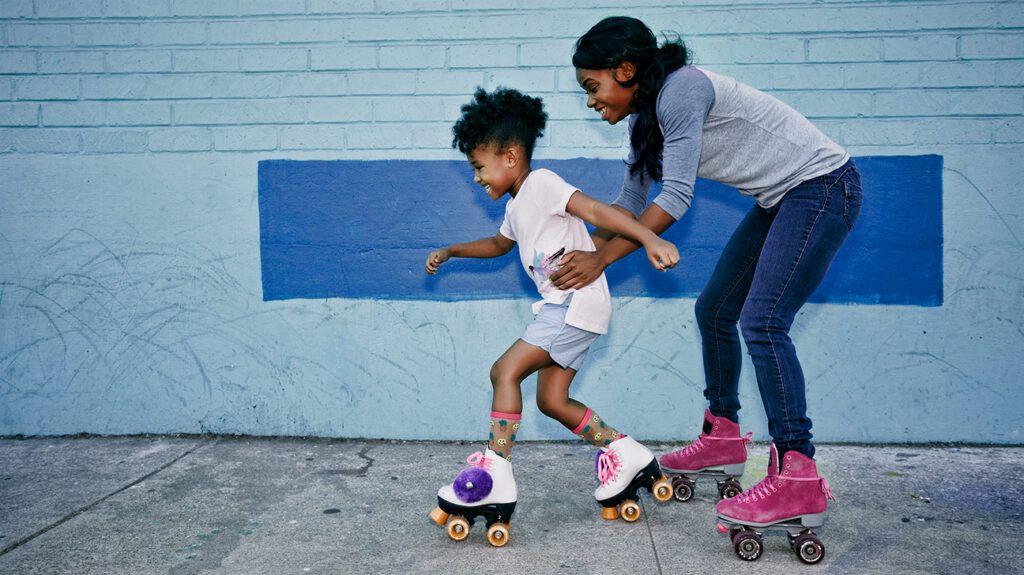In today’s rapidly evolving world, the ability to learn continuously and adapt to new challenges is more crucial than ever. As parents and guardians, fostering a mindset of lifelong learning in children is not just a beneficial strategy but a necessary investment in their future success. This article delves into the analytical exploration of how to cultivate these essential skills in your child, ensuring they possess the tools to navigate an unpredictable landscape with confidence and resilience. By examining the core principles of lifelong learning and offering practical strategies for implementation, we aim to equip you with the knowledge to support your child’s journey toward becoming an adept and enthusiastic learner for life.
Fostering Curiosity and Inquiry-Based Learning
In today’s rapidly changing world, the ability to ask questions and seek answers is more crucial than ever. Encouraging curiosity in children not only fuels their desire to learn but also empowers them to explore the world with a critical eye. By fostering an environment where inquiry is celebrated, parents can help their children develop skills that will serve them throughout their lives. Here are some strategies to nurture a questioning mindset:
- Encourage Open-Ended Questions: Create a safe space where children feel comfortable asking questions without fear of judgment. Encourage them to explore topics that interest them and delve deeper into the ‘why’ and ‘how’.
- Model Curiosity: Show enthusiasm for learning by sharing your own questions and the process you take to find answers. This sets a powerful example and demonstrates that learning is a lifelong journey.
- Provide Resources: Offer access to a variety of resources such as books, documentaries, and interactive tools. These can stimulate curiosity and provide the means to explore new ideas.
- Facilitate Exploration: Allow children to engage in hands-on activities that promote discovery and experimentation. Whether it’s through science kits, art supplies, or outdoor adventures, practical experiences can spark curiosity.
By integrating these practices into daily life, parents can cultivate an atmosphere of curiosity and inquiry, laying the groundwork for their children to become lifelong learners.

Encouraging a Growth Mindset for Continuous Improvement
Instilling a growth mindset in children is pivotal for their journey toward lifelong learning. This mindset empowers them to view challenges as opportunities rather than obstacles. It is essential to nurture an environment where curiosity is celebrated, and mistakes are seen as stepping stones to success. Encourage your child to ask questions and explore subjects beyond the standard curriculum. This can be achieved by:
- Providing diverse resources such as books, documentaries, and interactive tools.
- Engaging in conversations that stimulate critical thinking and problem-solving.
- Celebrating effort and perseverance instead of solely focusing on outcomes.
By embracing this approach, you are not only fostering academic excellence but also equipping your child with the resilience and adaptability needed in a rapidly changing world. Confidence in their ability to learn and grow becomes the cornerstone of their educational journey, ensuring they remain proactive learners throughout their lives.

Integrating Technology to Enhance Learning Opportunities
In today’s digital age, leveraging technology in education is not just a trend but a necessity. By integrating various technological tools, parents can significantly enhance their child’s learning experience. Interactive apps and online platforms offer personalized learning paths, allowing children to explore subjects at their own pace. These resources provide an engaging way to grasp complex concepts through simulations and interactive exercises. Additionally, technologies such as virtual reality (VR) and augmented reality (AR) can transport students to different times and places, making history come alive or enabling them to explore the depths of the ocean without leaving the classroom. These immersive experiences foster curiosity and a love for learning, setting the foundation for lifelong educational pursuits.
Furthermore, technology facilitates collaboration and communication, essential skills in the modern world. Through online discussion forums and collaborative tools, students can work together on projects, exchange ideas, and receive feedback from peers and educators worldwide. This not only enhances their understanding but also develops critical thinking and problem-solving skills. Parents can support this by encouraging their children to participate in webinars, online courses, and educational games that challenge their intellect and creativity. Embracing technology in education empowers children to become active learners and prepares them for a future where digital literacy is paramount.

Building Resilience Through Constructive Feedback
Constructive feedback plays a crucial role in shaping a child’s ability to adapt and grow in their learning journey. By providing feedback that is specific, actionable, and empathetic, parents can foster a growth mindset in their children, encouraging them to view challenges as opportunities for improvement. When offering feedback, it’s essential to focus on the effort and strategies rather than the innate abilities, reinforcing the idea that skills can be developed through dedication and perseverance.
- Be Specific: Provide clear examples of what your child did well and where they can improve.
- Focus on Effort: Highlight the hard work and strategies used, rather than just the outcome.
- Encourage Reflection: Ask open-ended questions that prompt your child to think about their learning process.
- Maintain Positivity: Ensure that your feedback is supportive and motivating, reinforcing the belief that improvement is always possible.
By integrating these principles into everyday interactions, you empower your child to become a resilient learner, equipped to tackle future challenges with confidence and curiosity.



